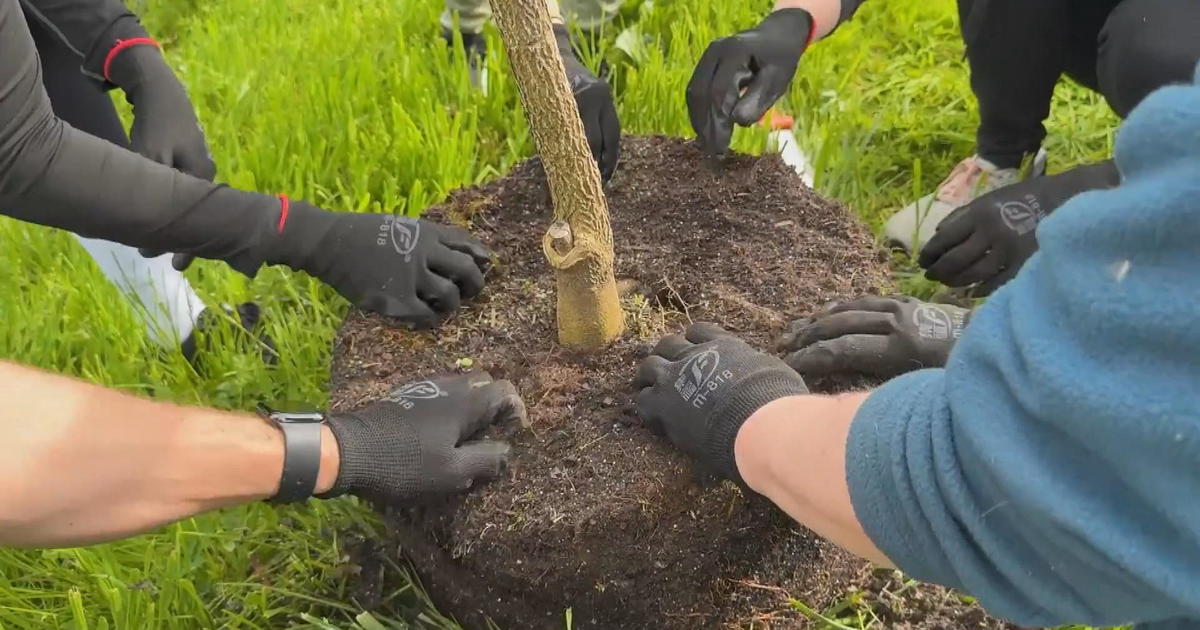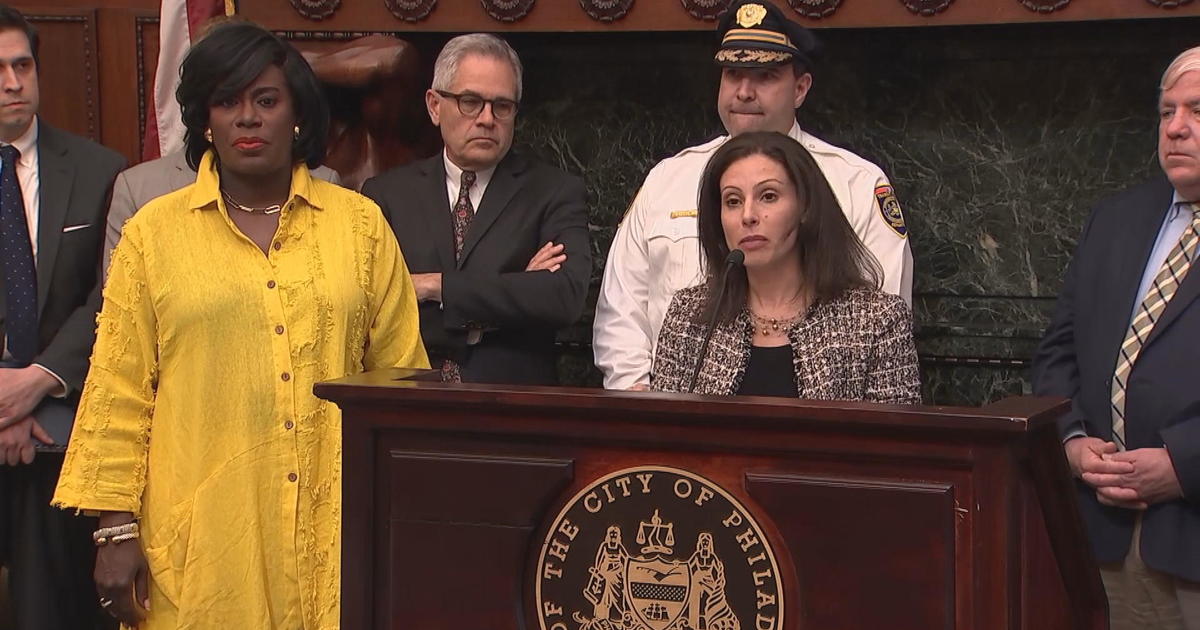Philadelphia Zoo Keeping Birds Indoors As Precaution Against Highly Contagious Avian Flu
PHILADELPHIA (CBS) -- The Philadelphia Zoo isn't taking any chances when it comes to avian flu. The zoo has pulled its birds indoors, much to the disappointment of some visitors.
More than likely, the only birds you'll see at the Philadelphia Zoo are the sparrows and geese that roam around looking for food.
But it's those wild birds that could pose a danger to the exotic birds on display.
Vistors at the Philadelphia Zoo can see the sheep, alpaca and other animals, but noticeably absent are the exotic birds.
"Everything from our smallest sunbittern to our largest emu, our bald eagles, our penguins, are all being housed indoors," said Philadelphia Zoo Vice President of Animal Wellbeing Rachel Metz.
Since February, the zoo has been keeping its collection of more than 100 birds inside so they won't catch the highly contagious avian flu.
Only animal keepers wearing masks, face shields and gloves have access to the exotic birds.
'We've even gone as far as asking visitors that are in vehicles, so our caterers and construction workers, when they come in, they're spraying their tires. Why are we doing that? It's because these vehicles might have been in areas where the virus is prevalent," Metz said.
Avian flu is spread through infected birds' saliva and feces.
Signs are up so visitors know why some exhibits are empty.
"I'm here on a school field trip. I'm with first-graders, so they're very excited to see the red pandas. But we also have the flamingos were a favorite of some of them, so they were a little bummed about that," Sarah Ambrose said.
The CDC says avian flu has been found in wild bird flocks in 14 U.S. states and in commercial and backyard poultry flocks in 13 states.
Zoo officials aren't sure when it will be safe enough to bring its birds back outside.
"It's unfortunate timing because we're going into spring break and we wanted people to be able to see all the wonderful animals that we had. But our first priority is to make sure all our animals are safe," Metz said.
The CDC says there's no danger to the public, but in rare cases, humans have been infected with the avian flu, though not in the United States.
The agency says it's still safe to eat chicken and other poultry as long as it's been properly handled and cooked.



